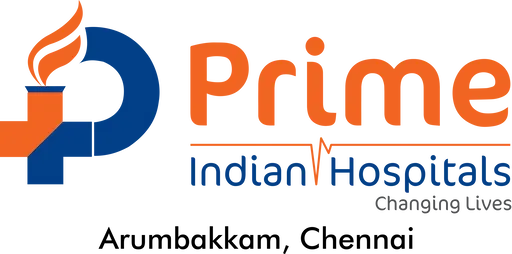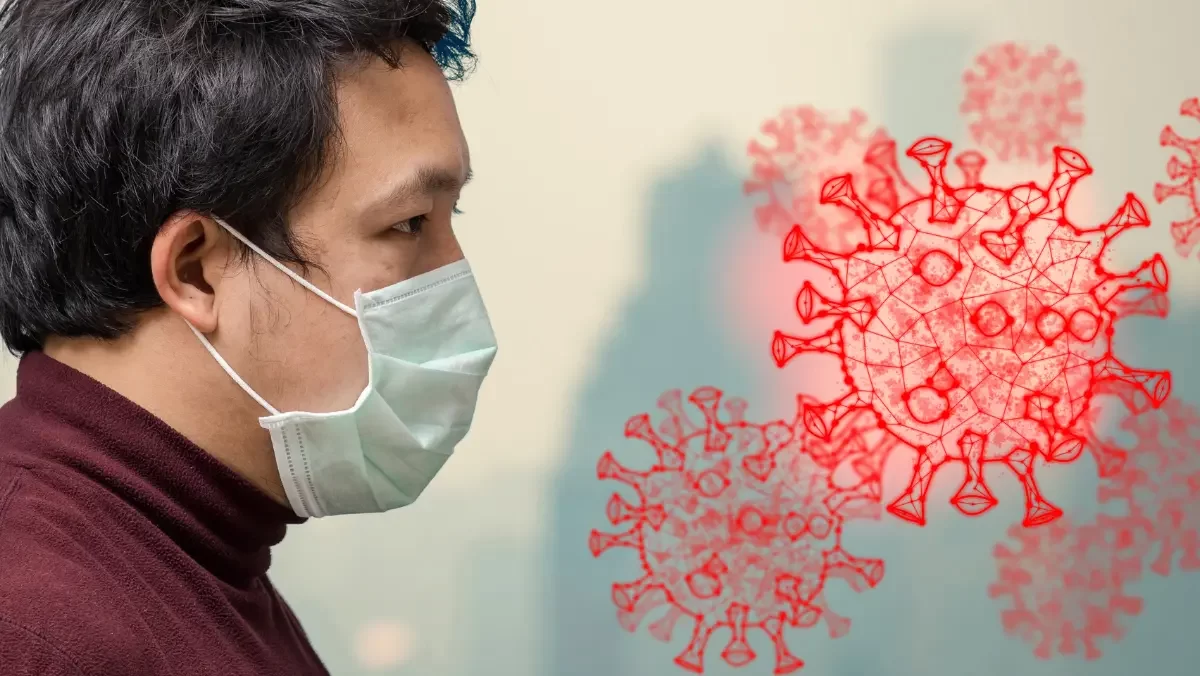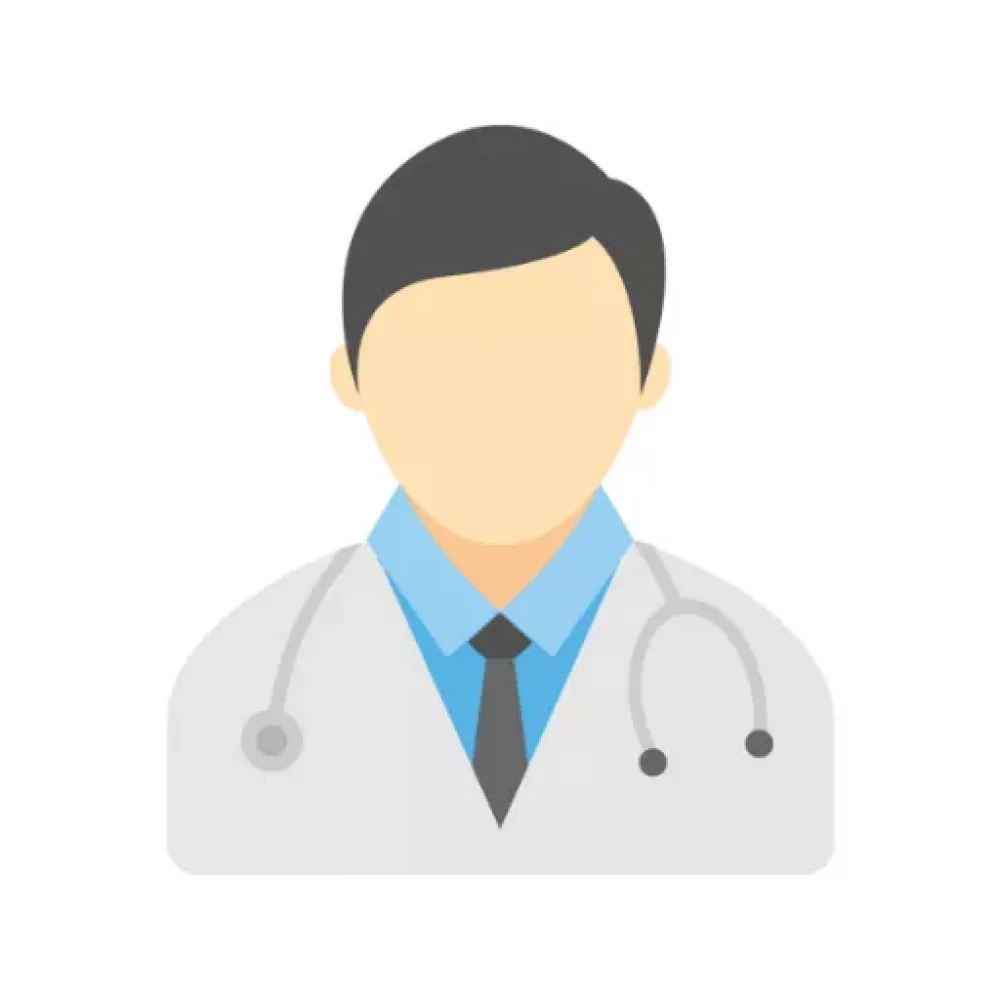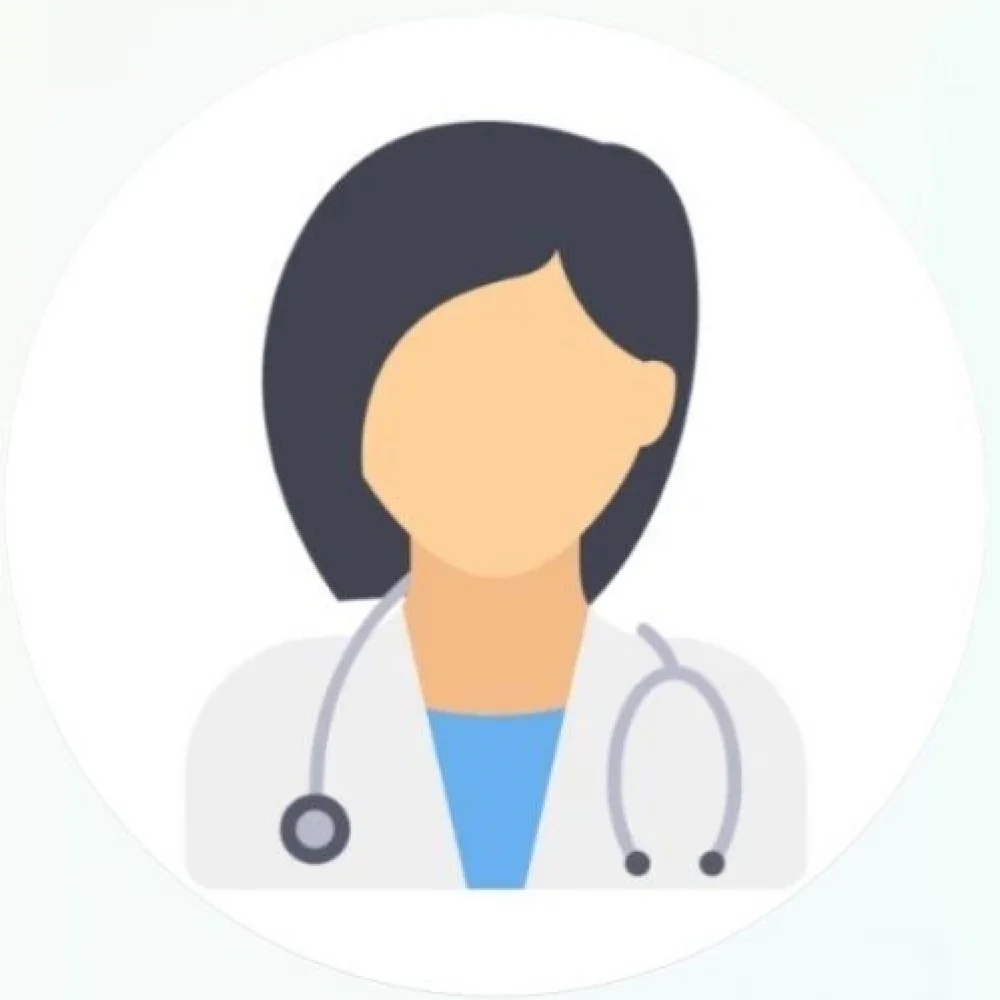Infectious diseases are caused by harmful microorganisms such as bacteria, viruses, fungi, and parasites. These diseases can spread from person to person, through contaminated food or water, insect bites, or exposure to infected surfaces. While some infections are mild and self-limiting, others can be severe or even life-threatening if not diagnosed and treated promptly. Advances in medical science have significantly improved prevention and treatment methods, yet infectious diseases remain a global health concern. Proper hygiene, vaccination, and early medical intervention are essential in managing their impact. With increasing global travel and environmental changes, the risk of new and emerging infections continues to rise, necessitating ongoing research and awareness.
What are Infectious Diseases?
Infectious diseases refer to illnesses caused by pathogenic microorganisms that invade the body and disrupt normal physiological functions. These diseases can be transmitted in various ways, including direct contact with infected individuals, airborne particles, or exposure to contaminated surfaces and fluids.
- Some common infectious diseases include influenza, tuberculosis, HIV/AIDS, malaria, and hepatitis, each of which varies in severity and requires different treatment approaches.
- Transmission can occur through droplets from coughs or sneezes, bodily fluids like blood and saliva, insect vectors such as mosquitoes, or consumption of contaminated food and water that carry infectious agents.
- Many infections are preventable through vaccination programs, maintaining proper sanitation practices, and seeking timely medical care to reduce complications and spread.
Infectious diseases vary in severity, from minor colds to life-threatening conditions. Early diagnosis and appropriate treatment are crucial in preventing complications and limiting their spread.
Signs and Symptoms
The symptoms of infectious diseases vary widely depending on the causative agent and the affected part of the body. Some infections produce mild, short-term symptoms, while others may lead to severe or chronic conditions.
- Common symptoms include fever, fatigue, muscle aches, and headaches, which are often the body’s natural immune response to fighting off infections.
- Respiratory infections may cause persistent cough, nasal congestion, sore throat, difficulty breathing, and in severe cases, pneumonia or lung infections requiring urgent medical attention.
- Gastrointestinal infections can result in persistent nausea, frequent vomiting, watery diarrhea, intense abdominal pain, and severe dehydration if left untreated.
Other symptoms include skin rashes, swelling, joint pain, and neurological effects like confusion or dizziness. Severe infections can lead to organ failure or sepsis. Family and General Medicine practitioners play a key role in early diagnosis, managing symptoms, and coordinating care with specialists, ensuring comprehensive treatment and improved outcomes.
Causes
Infectious diseases arise from a variety of microorganisms, each with distinct characteristics and modes of transmission. The four primary types of pathogens responsible for infections are bacteria, viruses, fungi, and parasites.
- Bacteria: Single-celled organisms responsible for diseases such as tuberculosis, pneumonia, strep throat, and foodborne illnesses, which can often be treated with antibiotics.
- Viruses: Tiny infectious agents that invade and replicate inside host cells, causing illnesses such as influenza, HIV/AIDS, COVID-19, measles, and the common cold, some of which can be prevented through vaccines.
- Fungi: Organisms including yeast and mold that lead to infections such as athlete’s foot, ringworm, candidiasis, and fungal pneumonia, especially in individuals with weakened immune systems.
- Parasites: Organisms that live off their host, causing diseases like malaria, toxoplasmosis, giardiasis, and tapeworm infections, often transmitted through contaminated food, water, or insect bites.
Microorganisms can enter the body through inhalation of airborne pathogens, ingestion of contaminated substances, direct skin contact with infected individuals or surfaces, or bites from insects carrying infectious agents. Understanding the causative agents helps in determining appropriate treatments and preventive measures.
Risk Factors
Several factors contribute to the likelihood of developing infectious diseases. While some risk factors are unavoidable, others can be managed through lifestyle choices and medical interventions.
- Weakened immune system: Individuals with HIV/AIDS, undergoing chemotherapy, or taking immunosuppressive drugs after organ transplants have a significantly higher risk of contracting infections.
- Age: Infants, young children, and elderly individuals are more vulnerable to infectious diseases due to underdeveloped or weakened immune systems, making them more susceptible to complications.
- Chronic diseases: Conditions such as diabetes, kidney disease, heart disease, and respiratory disorders weaken the body’s natural defense mechanisms, increasing infection risks and recovery time.
Environmental and lifestyle factors also play a role. Poor sanitation, overcrowded living conditions, lack of access to clean water, exposure to unhygienic food preparation, and international travel to high-risk areas increase the likelihood of exposure. Understanding these factors allows for targeted prevention and control strategies.
Prevention
Preventing infectious diseases is crucial to reducing their impact on individuals and communities. A combination of personal hygiene, vaccination, and public health measures helps control the spread of infections.
- Vaccination: Immunization remains one of the most effective ways to protect against serious infectious diseases such as measles, hepatitis, influenza, polio, and pneumonia, reducing the overall disease burden.
- Hand hygiene: Regular handwashing with soap and water for at least 20 seconds, especially before meals and after using the restroom, helps eliminate harmful germs and lowers infection risks.
- Safe food practices: Ensuring food is properly cooked, stored at the correct temperature, and handled with clean utensils prevents contamination and reduces the risk of foodborne infections.
Other preventive measures include avoiding close contact with sick individuals, maintaining respiratory hygiene by covering coughs and sneezes, practicing safe sex to prevent sexually transmitted infections, and using insect repellents or protective clothing in areas where mosquito-borne diseases are prevalent. Health education, early detection, and timely medical interventions play a vital role in reducing outbreaks and maintaining public health.
Conclusion
Infectious diseases continue to pose significant health challenges, but advancements in medical research and public health initiatives have improved prevention and treatment strategies. Early diagnosis, proper hygiene, and vaccination remain essential in controlling the spread of infections. Raising awareness and taking proactive measures can significantly reduce the burden of these diseases. Prime Indian Hospital provides comprehensive care and expert guidance in managing infectious diseases, ensuring patients receive accurate diagnosis and effective treatment for a healthier future.














